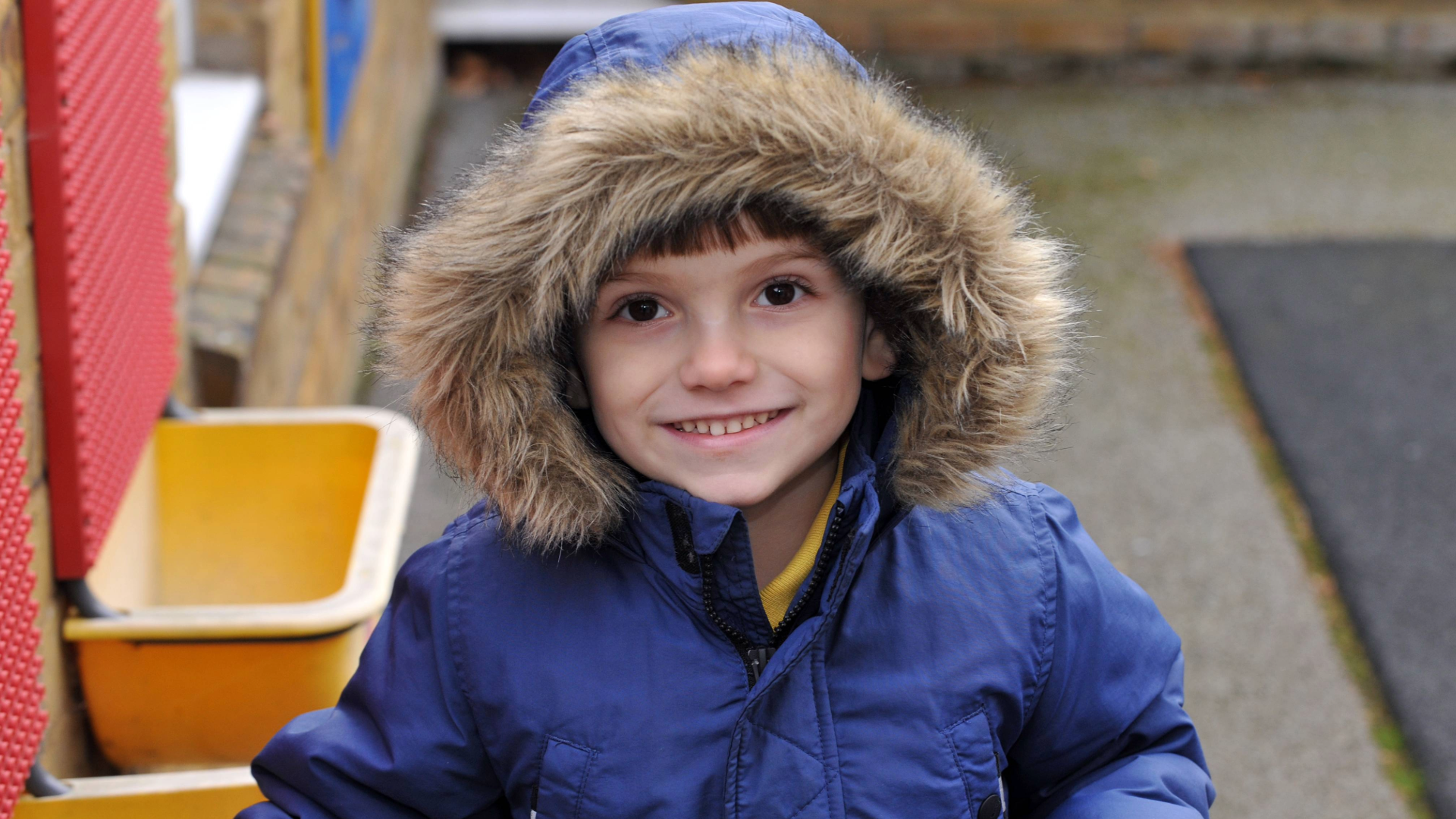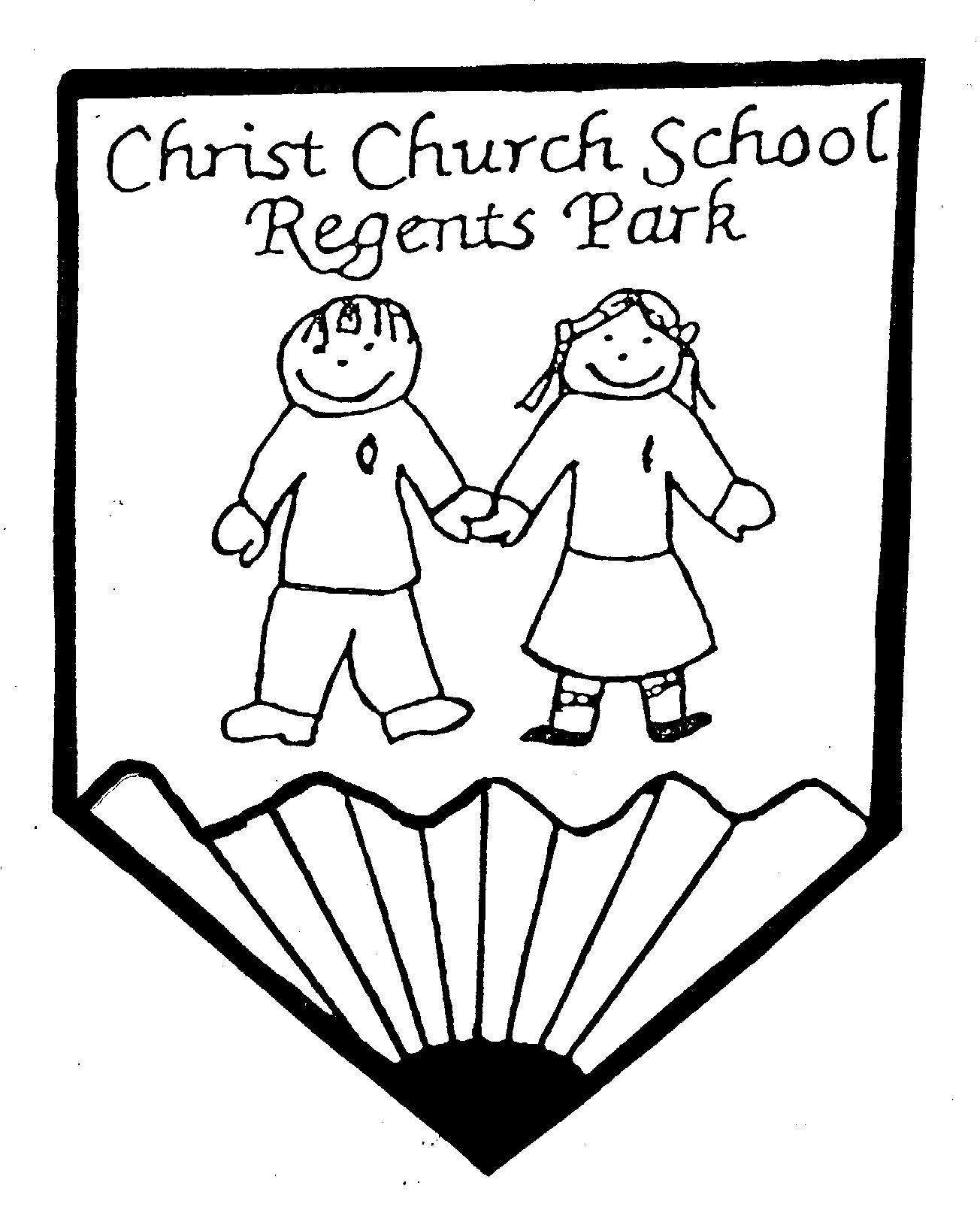Early Years Foundation Stage
 EYFS Documents:
EYFS Documents:
Long Term Plans:
Nursery Long Term Plan 2024/25
Reception Long Term Plan 2024/25
Holly Class Chestnut Class
The Early Years Foundation Stage (EYFS) is an important stage in children’s learning and development.
The Early Years Foundation Stage is made up of our Nursery and Reception classes. The two classes work very closely, with staff from both classes planning provision for the children together and the children having access to both classrooms in the afternoons.
Our aim is to build upon what children already know and provide activities and experiences based around their interests. Children are encouraged to develop skills needed for learning such as speaking, listening, concentrating, sharing, co-operation and persistence through play. Play is how children learn at this young age.
The Early Years Foundation Stage has a different curriculum from the rest of the school, in accordance with national guidelines, and it is made up of prime and specific areas of learning, as follows:
Prime Areas:
– Personal, social and emotional development
– Physical development
– Communication and language
Specific Areas:
– Literacy
– Mathematics
– Understanding the World
– Expressive arts and design
Children are not taught discrete subjects. Instead they develop skills across the areas of learning. For example, children may develop communication skills by discussing a painting they produced, or they may develop counting skills by counting how many times they can hop outdoors.
The outdoors environment is an important part of the Early Years Foundation Stage and it is available for children to use every day, weather permitting! The Nursery and Reception classes share their own outdoor area which is equipped with climbing frames, sand and water trays, tunnels and lots of other resources to support children’s learning across all areas.
Your child will be appointed a key person whilst he or she is in Nursery and Reception. This key person will be responsible for settling your child into school, greeting them each morning, meeting with you and for the overall planning and assessment for your child. However, all adults throughout the Early Years Foundation Stage have joint responsibility for all of the children and work together. Children are assessed through observations in the Early Years Foundation Stage. Your child will be observed by his or her key person as well as any other adults working with the class. The adult will make notes on your child’s achievements and interests and, using this information, decide on what your child could develop next and which activities they will provide for your child. Photos of your child playing and learning, as well as any pieces of work they produce, will be collected in a portfolio to show your child’s progress.
Children in our Reception Class also follow a phonics program, Little Wandle Letters and Sounds. By learning the sounds that letters make and developing the skill of then blending these sounds together, children acquire the tools needed for reading. Children in Nursery learn about sounds in a more informal way, through activities such as listening games and talking about the initial sounds in their names.
You can support your child’s learning and development at this stage by reading to them (and, as their reading skills develop, listening to them read), counting everyday objects, taking them to the park and just talking to them! Children learn at their optimum when parents/carers and schools work together and we are happy to discuss with parents how we can further support their child’s development.
